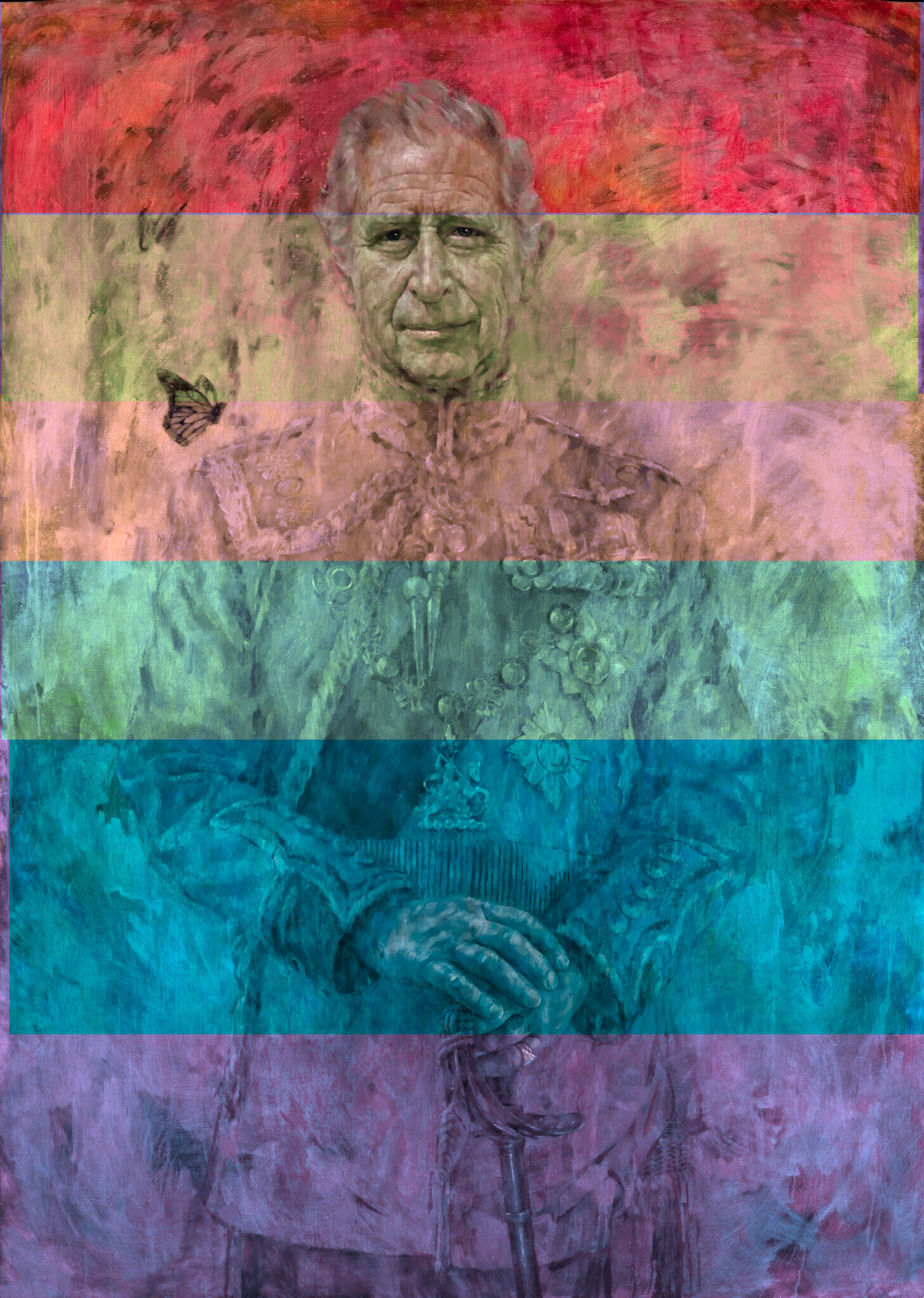What is Bitcoin and what is it's value under a Marxist economic lens? I've been trying to read capital recently and I've had a few questions I've been trying to work out. So, as capital states, each object has a use value, exchange value and value. Bitcoin clearly has a high exchange value where it can be traded for traditional commodities created with labor (drugs) and have stable, knowable values and can be traditionally analyzed. However, Bitcoin's exchange value regularly exceeds it's value abd both exceed it's use value. Bitcoin is a commodity and in buying it you are buying the labor of the engineers, technicians, project managers and other workers who made the computer hardware the miner uses as well as similar people who created the power consumed. In this lens the miner would be petit bourgeoisie and stealing the surplus labor of the aforementioned groups. However, it's exchange value is incredibly unstable and it's use value is (presumably) low. My main questions are:
- Am I right in considering Bitcoin a commodity
- Does Bitcoin have use value and how would it be calculated
- What is the value of Bitcoin
- What's the Marxist explanation of bubbles
- Am I right in labeling miners as bourgeoisie
Thanks for the help, this book is confusing and I prefer theory in a Twitter sippy cup for baby leftists and not the barrel of vodka that is Capital
What is Bitcoin and what is it's value under a Marxist economic lens?
Trash
Use value is not something that can be calculated or compared in quantity to exchange value. The quantity of use value is simply the amount of the useful thing, be it kilograms of rye or the number of bitcoin. Asking how much rye is as useful as a bitcoin doesn't really make sense.
Bitcoin is a somewhat tricky subject because while it technically could work as a currency, useful for buying drugs or illegal porn, the actual reason people buy it is because it could appreciate in price. So in my opinion Bitcoin as it currently exists has no use value, and therefore no value because no useful labor went into it, and is not a commodity.
People do use it as a means to buy drugs (more often to buy better crypto to buy drugs (and get scammed while trying to buy drugs)) though, even though they are a minority. Does the ratio of legitimate (illegal) users to illegitimate (legal) uses change the use value?
Illegitimate doesn’t always mean illegal. The majority of bitcoin and crypto literally are not being used outside of being sent back and forth between wallets and brokerages because someone thinks they can swindle another buyer/seller. As OP says, it is primarily an asset.
If 50% of users bought groceries with dogecoin and 50% of users bought cocaine with bitcoin, I think most people would say there’s some form of Marxian defined value here. But that’s not the case.
By legitimate and illegitimate I mean use as a currency and use as a security respectively
its not a commodity, or you can call it commodity in a sense that fiat currency is commodity. How do you calculate the usefulness of a thing for a group of people described by "its difficult to find a connect in new city" and "if we were to use dollars (from drug trade) to fund group of thugs, we could get congress investigated"?
Its exchange value is unimportant to use value though, you buy it (or rather other currencies nowaday) as a layer of separation. You still pay 30 bucks for a gram of coke, whether you do it in cash or bitcoin, you pay like 10 % on top of it for that obfuscation. Its rather like offshore money laundering scheme in that sense, it has tangible use value for a person, but not society wide. But i dont care whether currency itself is 30 bucks or 300000 bucks to pay for stuff (well with mining fees, i slightly care, but i just wont use bitcoin)
swindling of aspiring capitalists by other capitalists.
kind of?
and have stable, knowable values and can be traditionally analyzed.




